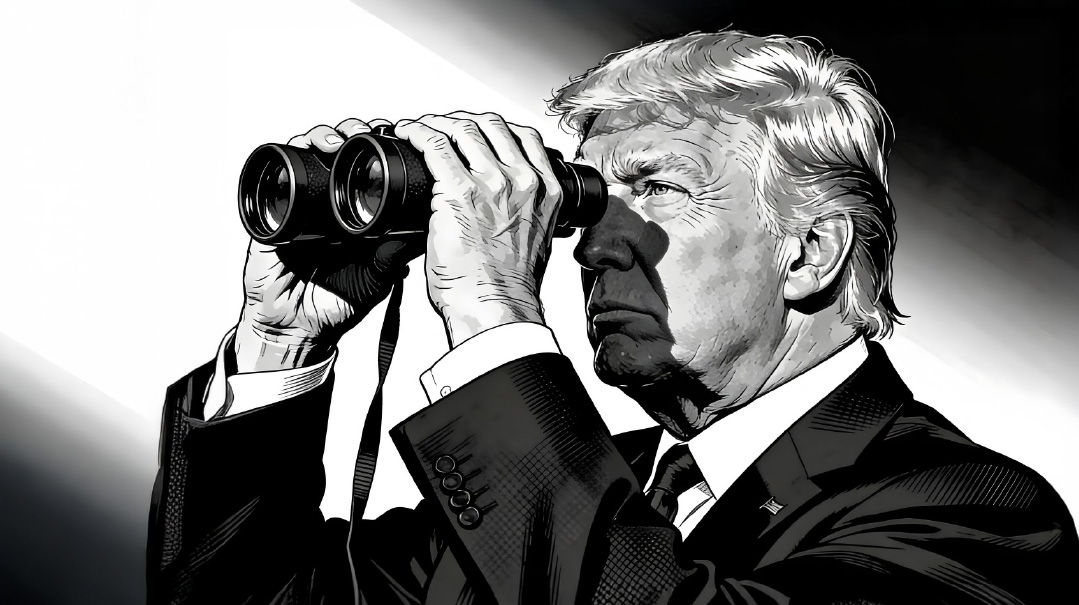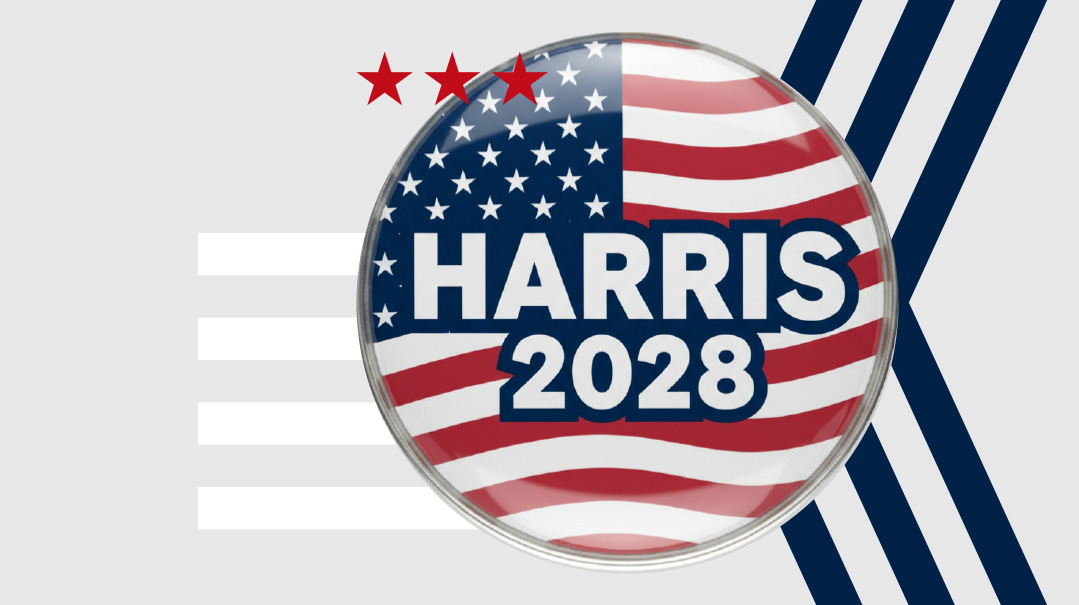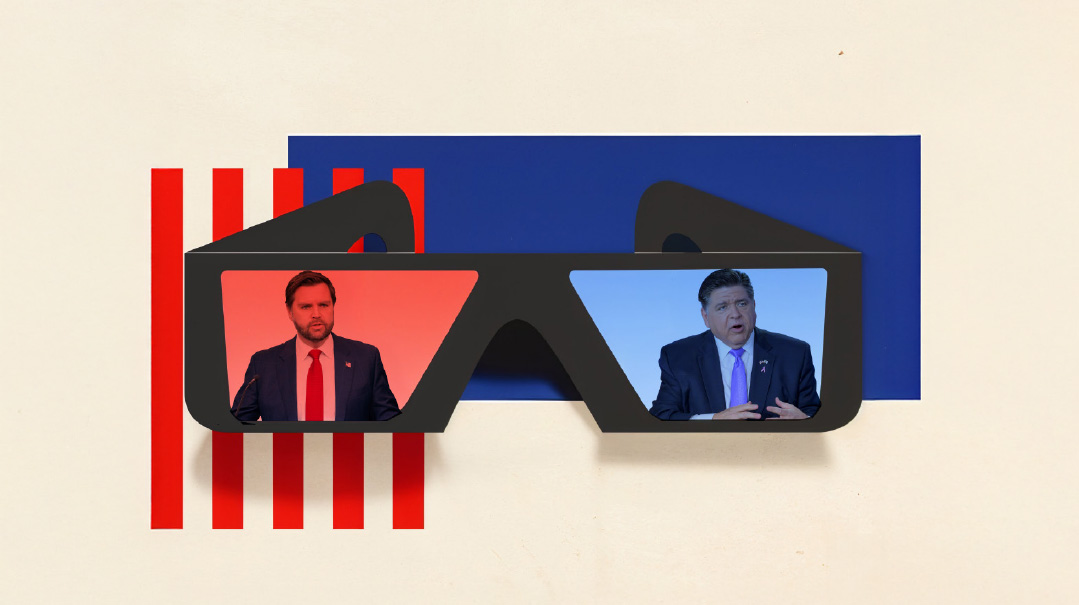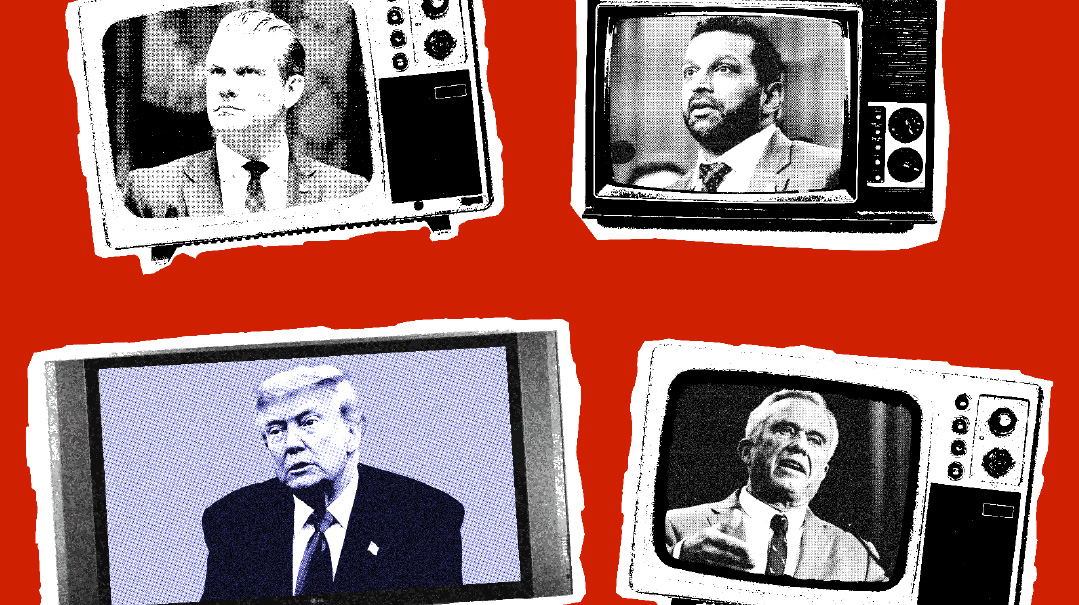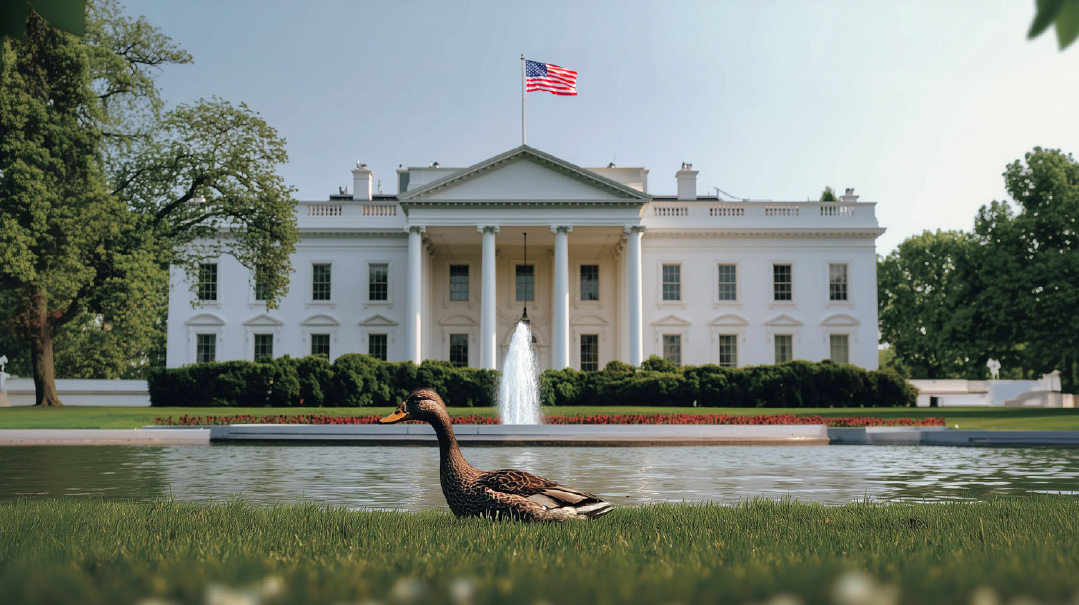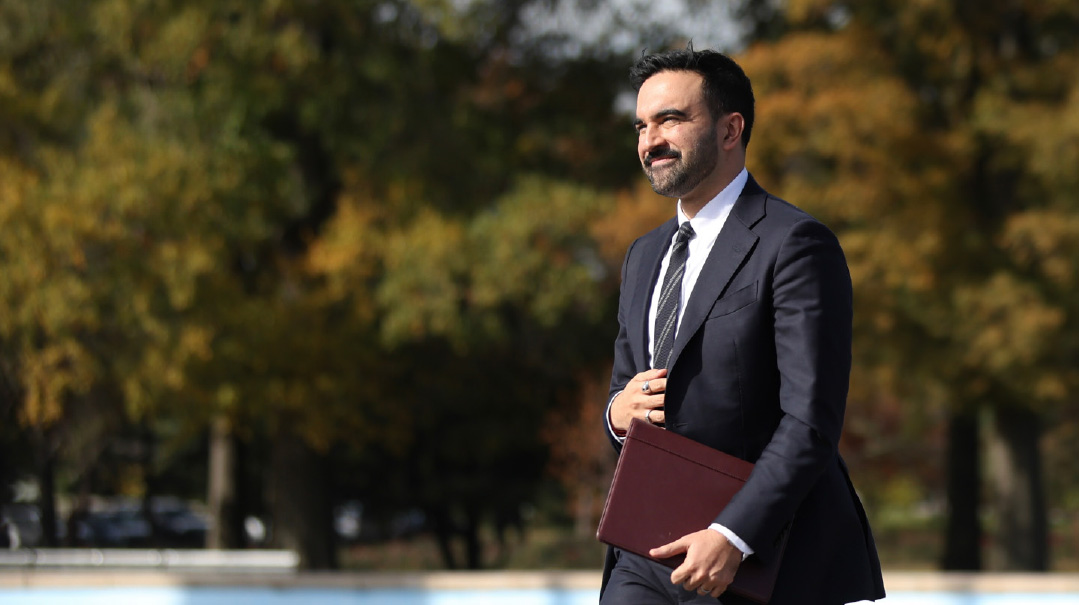How to Win Friends and Influence
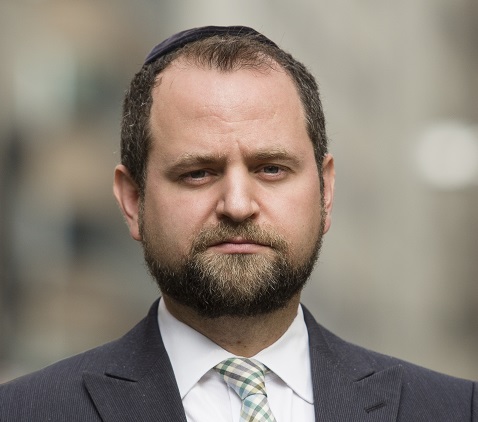
Rule #5: We need friends. When it comes to battling anti-Semitism, though, who are our natural allies?
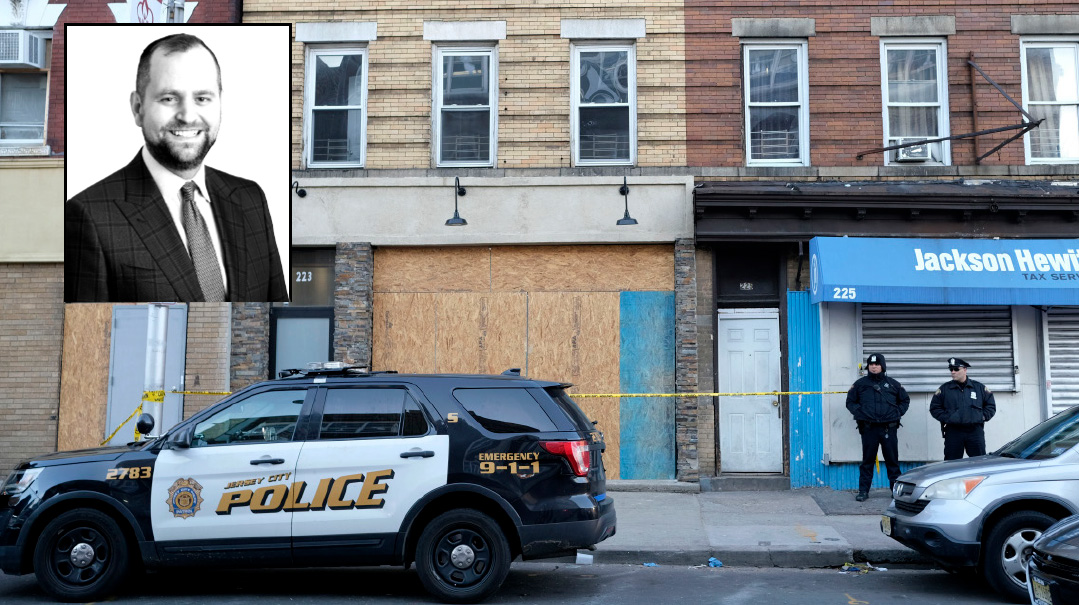
Swastikas sprayed on buildings. Hate crimes committed against our community in the streets. Unabashed anti-Semitism voiced by celebrities. We’re all talking about this, we’re all feeling this, but the most pressing question is, “Where are our friends?”
Why don’t more politicians act on this? Why are we left to fight our own policy and political battles on these issues? Why do we not have more allies?
I had a similar question asked of me some years ago by a staff member for Florida’s Senator Bill Nelson, when I was a lobbyist representing Miami-Dade County, the country’s sixth-largest municipality, with a multibillion-dollar annual budget.
We were seeking federal funding for energy efficiency programs for municipalities of a certain size. It would have greatly benefited Miami’s port and aiport, and thousands of other properties owned by Dade County.
But Senator Nelson’s staff member stopped me in my tracks with his question: “But surely you have the support of the other cities and counties? Is New York City on board? Is Cook County on board? Is Baltimore on board? It can’t just be you.”
This exchange taught me the importance of having friends and building relationships with others who share similar interests. Those of us in the activism business call it “coalition building.” It’s all about adding other voices to your own to advance your issue or interest. The more voices you have, the more effective you will be.
The frum community’s most common coalition allies in legislative battles are other faith groups. That’s why I joined a delegation of rabbis and activists to Utah in 2013 to establish a relationship with the Mormon community. That meeting yielded an understanding of our commonalities, like the fact that both communities set aside one day each week when they don’t work. This understanding blossomed into a relationship as coalition partners on religious freedom issues. If both faith communities observe a day of rest each week, then we have a shared policy interest on religious rights.
When it comes to battling anti-Semitism, though, who are our natural allies?
This isn’t the first time we’ve confronted this issue. Five years ago, after a rash of bomb threats, violent attacks, and hate against our community, there was a collective effort made to fight for more security funding for our shuls, schools, and even camps.
Legislator after legislator asked essentially the same question I had been asked years before as a lobbyist for Miami-Dade County: Who are your allies? Who supports this, other than the Jewish community?
Too many times, the answer was a shrug, and the legislation failed with a thud. Then as now, the fact was that dozens of faith groups, including the Mormons, didn’t have to protect schools like we do. In general, most of the faith groups didn’t want the types of protection we were requesting for our shuls. Even worse, many faith groups simply had other priorities.
Differences like this can spell disaster for a coalition. One of the easiest ways for skeptics to slow down legislation is to point to cracks in the coalition.
How do we overcome this? How do we convince our natural allies to work and fight with us if our community interests aren’t aligned? How do we do so now, when our community feels so attacked?
Coalitions are ultimately about friendship. And friends don’t only call each other once a year when they need something. Friends call each other regularly and check in. Friends reach out when others are hurt and in pain. When the Sikh community was attacked in the Bronx this past year, Jewish leaders reached out and offered help. These same Sikhs are now, for the first time, discussing ways to fight together with us for better security protections and anti-hate legislation. This is not a relationship of convenience, but a friendship between communities that care about each other.
And coalitions built on friendships and mutual trust lead to big things. Last year, the Catholics didn’t need security protections as much as we did in New York, but they did need nursing and capital funding. We worked together to coordinate our strategy so our requests wouldn’t conflict. In the end, the legislation was amended to include their needs and ours — and tripled the funding. Our communities benefited far more than we would have had we stuck it out alone, because we listened to each other and there were longstanding relationships built on trust.
Jim Cultrara, who represents the Catholic Diocese of New York, joked to a group of frum activists, “I worked so well with the Jewish community that I started asking the Cardinal for the Jewish holidays off.”
Friendships like that can move the needle on policy and demonstrate to politicians that we can find ways to work together.
There are communities neighboring ours who are subject to racist attacks, bigotry, and hate. What are we doing to reach out to them? When a New Jersey shul reached out to another community under attack and offered to train their members for security patrols and safety, that built trust. When a local rabbi called black leaders in Buffalo after a racially-motivated shooting in May, it was appreciated, it built bridges. People in these communities also feel like they are alone and don’t have allies, until those calls are made and those bridges are built.
What about political groups and organizations that are seemingly opposed to our causes? Years ago, when the Koch brothers and the American Center for Progress announced that they were working together on criminal justice issues, Washington heads exploded. How could two such diametrically opposed groups work together? Turns out they had met and found common ground.
In working for our community, we’ve assumed that groups like the teachers’ unions are adversarial and will fight any funding for our schools. And many times they have fought our initiatives, and defeated them. But after we met and sat down with them, we were able to find areas of agreement. For their part, they had also assumed we would be against their schools and their funding, and were shocked to learn this wasn’t on our agenda.
We need more allies and we need more friends. There are natural allies we need to reach out to, longtime friends we need to retain, and new relationships to build. All of these touch points can coalesce into powerful support so that we don’t find ourselves all alone fighting anti-Semitism.
(Originally featured in Mishpacha, Issue 934)
Oops! We could not locate your form.

